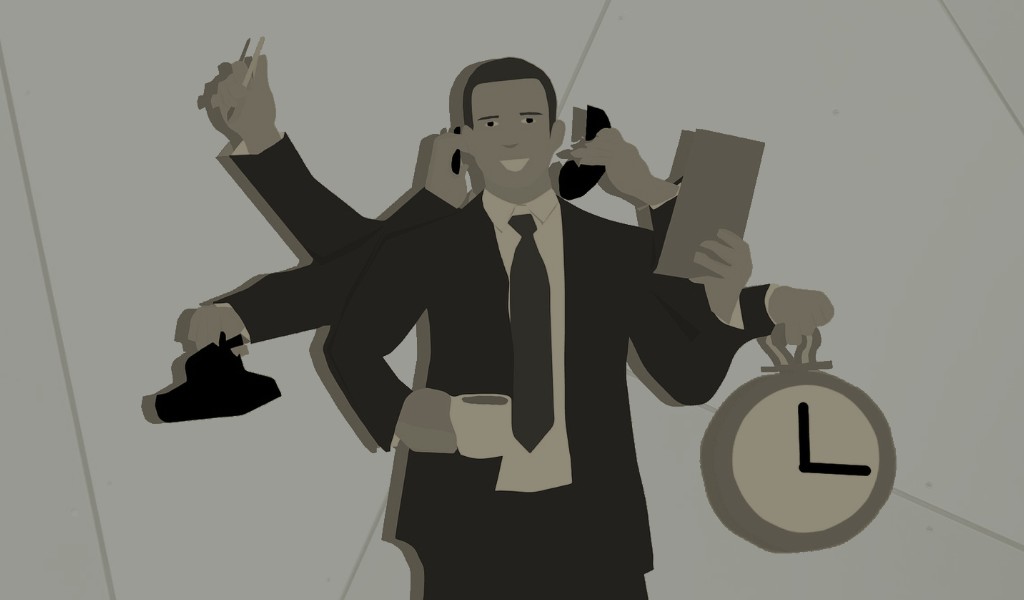When embarking on a business journey, choosing the right structure is one of the most critical decisions you'll make. While a sole proprietorship offers simplicity and full control, it's essential to consider the potential drawbacks that come with this business model. Among the most significant disadvantages are the limited size of the business and the potential liability risks. In this article, we’ll explore these challenges and why they matter for your business.
Understanding the Limits of Size in Your Business
A sole proprietorship is a business structure where a single individual owns and manages the business. While this offers straightforward control, it also imposes significant limitations on the size and scalability of the business. In a sole proprietorship, the growth of the business is directly tied to the owner’s resources, skills, and time. Unlike larger business structures, where there might be multiple partners or shareholders contributing capital and expertise, a sole proprietorship often struggles to expand beyond a certain point.
The limited size of a sole proprietorship can be a significant disadvantage, especially in industries where growth is crucial for success. For instance, securing large contracts or expanding into new markets often requires more capital and resources than a sole proprietor can provide. This limitation can stifle the business’s ability to compete with larger, more established companies. As a result, the business might miss out on lucrative opportunities that could have been achievable with a more scalable structure.
The Weight of Potential Liability in Your Business
Another critical disadvantage of a sole proprietorship is the issue of potential liability. In this business structure, there is no legal separation between the owner and the business. This means that the owner is personally responsible for all debts and obligations incurred by the business. If the business faces financial difficulties or legal challenges, the owner’s personal assets, such as their home, savings, and other valuables, could be at risk.
The potential liability in a sole proprietorship is a significant concern for many business owners. Unlike corporations or limited liability companies (LLCs), where the owners’ personal assets are generally protected, a sole proprietorship offers no such safeguard. This risk can be particularly daunting in industries where lawsuits or large debts are common. Business owners must carefully consider whether they are willing to take on this level of personal risk, as it can have severe financial consequences.
Challenges in Raising Capital for Your Business
One of the most significant hurdles a sole proprietorship faces is raising capital. Because the business is owned and managed by a single individual, it can be challenging to secure the funding needed for growth. Investors and banks often view sole proprietorships as high-risk ventures due to the potential liability issues and limited size of the business. This can make it difficult for a sole proprietor to obtain loans or attract investors.
Without sufficient capital, the business may struggle to expand, invest in new opportunities, or even sustain day-to-day operations. This challenge is particularly pronounced in capital-intensive industries, where significant investments are required to compete effectively. For many sole proprietors, the inability to access adequate funding is a major barrier to growth, keeping the business small and limiting its potential.
The Burden of Being the Sole Decision-Maker in Your Business
Running a sole proprietorship also means that the owner bears the full burden of decision-making. While this can be an advantage in terms of control, it can also be overwhelming. The success or failure of the business rests entirely on the owner’s shoulders, which can lead to stress and burnout. Unlike in a partnership or corporation, where decisions are shared among multiple people, a sole proprietor must navigate every challenge and opportunity alone.
This can be particularly challenging when the business faces complex or unexpected situations. The lack of diverse perspectives and expertise can lead to less informed decisions, potentially putting the business at risk. Additionally, the emotional toll of being solely responsible for the business’s success can be significant, leading some entrepreneurs to reconsider whether a sole proprietorship is the right structure for their business.
Is a Sole Proprietorship Right for Your Business?
Choosing the right business structure involves weighing the advantages and disadvantages carefully. While a sole proprietorship offers simplicity and full control, the limitations in size, potential liability, and challenges in raising capital are significant drawbacks that can impact your business’s long-term success. Business owners must consider whether these disadvantages align with their business goals and risk tolerance.
For some, the freedom and autonomy of a sole proprietorship outweigh the risks. For others, the potential for personal liability and the limitations on growth make other business structures more appealing. Ultimately, the best business structure is one that supports your vision and allows your business to thrive while protecting your personal and financial well-being.

No comments:
Post a Comment